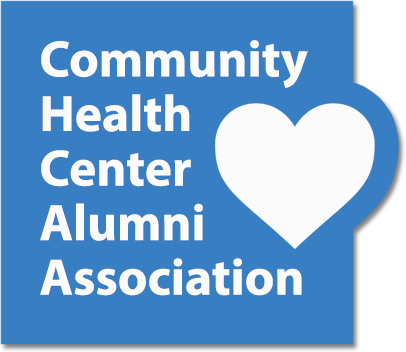Dr. John W. Hatch was instrumental in the establishment of one of the two first community health centers in the United States. The project was launched in June 1965, when the Office of Economic Opportunity awarded a grant for the Delta Health Center in Mound Bayou, Miss., and the Columbia Point Health Center in Boston. In September of 1966, Dr. Hatch, who had been assistant professor of preventive medicine at Tufts University in Massachusetts, arrived in Mound Bayou as director of community health action and began organizing, training and outreach.
Dr. Hatch recalled in a video many years later (posted on CHCchronicles.org, a website that chronicles the community health center story) that the health conditions in rural Mississippi were shocking at the time.
“There were Americans living at levels that most Americans associate with Third World conditions.” Dr. Hatch said. “I think there was clearly a shock to many Americans as photographers, news reporters and so forth associated with the civil rights movement began to see these conditions and report on them.”
The health center in Mound Bayou transformed lives not only by improving residents’ health but also by contributing to the economic health of the community, Dr. Hatch recalled. Often, those benefits flowed to the next generation, he recalled.
“People who had been cotton harvesters and sharecroppers have sons and daughters who are technicians and nurses and hygienists and so forth,” he said. “Now, their children dream different dreams.”

John Hatch & Family
Dr. Hatch continued his efforts to improve the health of all Americans – and of people around the world – at the University of North Carolina at Chapel Hill’s School of Public Health, where he began teaching in 1971. He began working with the General Baptist State Convention of North Carolina, a group founded in 1867 representing black Baptist churches. Dr. Hatch worked primarily with medical and public health students, instructing them in various health education programs.
“I think it did a lot of good to help congregations understand the technical aspects of better health – how to help mothers have better health outcomes, how to cope with diabetes and hypertension. Those were some of the things we did,” he recalled. “And, in the process, we taught students how to better work with that population.”
In the mid to late 1980s, Dr. Hatch worked with the World Council of Churches on health education in Africa, including three years as the moderator of the Christian Medical Commission. Those efforts focused on forging cooperation and collaboration among churches and spreading the message of preventive health care.
Dr. Hatch sees his career endeavors as a continuum: “They’re tied together by the belief that, given good technical information, given time to understand the nature of illness and disability, people will – with help – act in their own best interests.”
Dr. Hatch retired from UNC-CH as Kenan Professor of Health Education in 1995. Now 86, he lives in Durham, N.C., where he continues to spread the message of health education through such methods as providing vegetables from his garden to members of his church. “I’ve slowed down a bit, but it ‘s not over yet,” he quipped.

